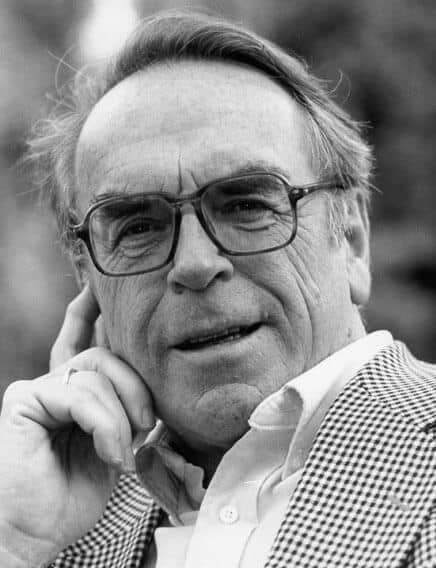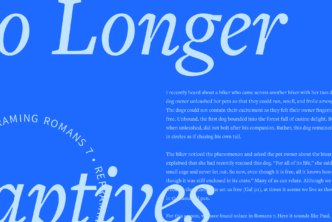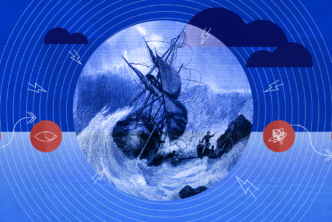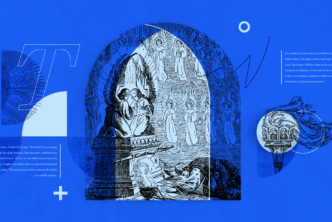It had been a long year. My family and I had weathered an unexpected and unwanted move, an expected and joyous birth, and a tragic and violent death. The year was a rollercoaster of extreme highs and lows. I was tired and hanging by a thread. Nevertheless, a new year brought new possibilities.
As I often do in times of trial, I turned to my theological teachers. This new year would be “My Year with Jürgen.” I set myself to reading or rereading the German theologian Jürgen Moltmann’s most important contributions to theology. I chose Moltmann for his clarity, insight, and deep reverence for God. He is a kindred spirit who has looked deeply into this earth’s pain and struggles and seen a world entirely embraced by God’s passionate love. We can live with the sure hope that “God will be all in all” (1 Corinthians 15:28).
Born in 1926 and raised in a secular family, Moltmann had a conversion of faith during World War II: In 1944, he was drafted into military service for the German army. He subsequently took his first opportunity to surrender to a British soldier. While a prisoner of war, he was given a copy of the New Testament and Psalms and was converted. Following the war, Moltmann took an active interest in theology and studied in Göttingen. He rose to prominence in 1964 with his epoch-making Theology of Hope, a theological tour de force that has redefined eschatological discourse in biblical and theological studies for the last half century. In the years following, Moltmann continued to write and teach, and he is widely recognized as one of today’s most significant theological minds. In the New Dictionary of Theology, well-known New Testament scholar Richard Bauckham describes Moltmann’s two earliest works, Theology of Hope and The Crucified God, as, respectively, “one of the most influential theological works of the post-World War II era” and “one of the most important modern studies of the cross.”
While the eschatology of Theology of Hope and the Christology of The Crucified God stand as Moltmann’s best-known contributions to theology, his overall program has several important contours.
1. Moltmann Is Eschatological

2. Moltmann Is Christological
If the resurrection opened the Church toward God’s future, it is the cross and its expression of suffering love that opened the world up to God’s act of loving solidarity with all who suffer. The Crucified God describes the cross of Jesus Christ as an event within God in which Jesus experiences a Godforsaken death and the Father experiences the loss of his son. In the resurrection, this vicarious death brings life. Thus Moltmann is able to write, “The Cross is not and cannot be loved. Yet only the crucified Christ can bring the freedom which changes the world because it is no longer afraid of death.”
3. Moltmann Is Trinitarian
Moltmann is thoroughly Trinitarian in his approach. This is made explicit in the powerful demonstration of a social trinity in The Trinity and the Kingdom. More so, Moltmann is Trinitarian in method. His contributions to systematic theology do not follow the rigid delineation of theological topics found in textbooks. Typically, Moltmann takes a topic such as creation, eschatology, or the crucifixion and asks, “what does this mean for the person and life of the Triune God?”
4. Moltmann Is Pastoral
On occasion, modern theology is criticized for not being practical enough. This charge simply does not stick with Moltmann. Deeply influenced by World War II, the social revolutions of the ’60s, the growing ecological crisis of the ’80s, and Latin American liberation theologies, Moltmann understood the theological and the ethical as deeply intertwined. This is most evident in his most recent work, The Ethics of Hope. In some ways, The Ethics of Hope is a summation of his career up to this point. It gathers together nearly 50 years of teaching and writing and presents it in an ethical framework significant to individuals, churches, and governments.
Get the 22-volume Jürgen Moltmann Collection today.





